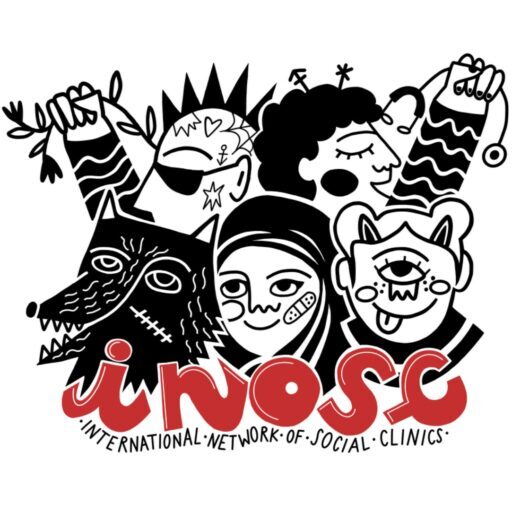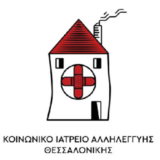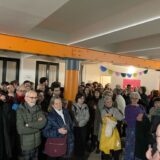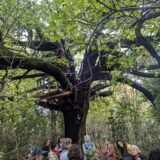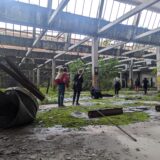section 2: Critique of the dominant healthcare model
Social Clinics aim to develop medical practices emerging out of a critique of dominant healthcare practices and models, addressing their specific historical, political and epistemological foundations.
We aim to challenge the division and disconnects upon which the biomedical model is built. This dominant model separates the body from the mental/psychological, the individual from their social and ecological environment, and the doctor from the patient. Biomedicine compartmentalizes the unified entity of the human body into separate components, with each part managed by a medical specialty. As a result, biomedicine loses the ability to observe and recognize all those overall patterns of operation that unify the parts into a whole. It neglects how the human organism functions as an integrated system and its relationship with the surrounding social and ecological environment.
Rather than viewing health as the body-psycho-social process of well-being, biomedicine can be considered as medicine of the damage and of the emergency. Medical practice is reduced to a simple relationship between symptoms and drugs or procedures.
The relationship between doctor and patient reflects the authoritarian and hierarchical regulation of the entire society. The doctor exerts power over the corporal, mental and social dimensions of human existence, while the patient is relegated to a position of ignorance and passivity. Thus, medicine has developed into a major mechanism that produces and reproduces a specific idea of “normality”, making people “passive” and subject to control.
It constantly supports the pathologization of natural and social conditions, framing them as medical problems that require control. A clear example is the medicalization of childhood, where children’s resistance to the over-organization of their lives is pathologized and treated with medication. Similarly, natural experiences like mourning and aging are also pathologized. The increasing integration of medicine with market forces has intensified these processes. Biomedicine is now largely driven by medical technologies, pharmaceutical corporations, and insurance companies, aligning directly with their vested interests. Likewise, Neo-liberal science has become a space of competition between subjects who constantly struggle to acquire and accumulate “scientific capital” (prestige, fame, recognition, etc.). As a result, any “truth” in medicine is shaped by this competition.
Social clinics are spaces where we can pause and reflect to collectively develop a critique of medical practices and experiment with a new vision of healthcare. We aim to reconnect the isolated parts of the fragmented human body, highlighting its connection to its community and its wider ecology. We create the conditions to develop new scientific practices and approaches that treat the body not as a ‘machine’ made up of isolated parts, but as an integrated whole. We believe that health is a dynamic process, not a state; it is a social product, not an individual one. As such, our health depends on our collective action. Producing health implies taking care of ourselves and others, whether illness is present or not.
